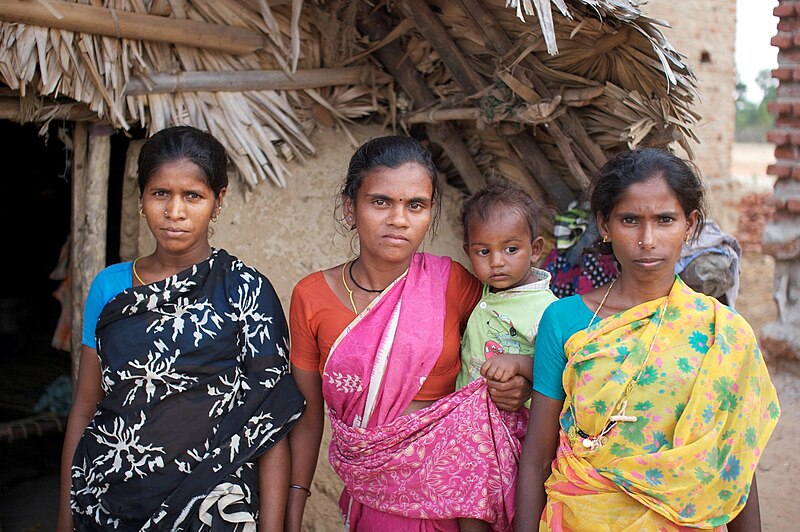Dalits of India
 India, the world’s most populous country, has a complex history marked by the caste system that divided its people into different social classes. The lowest caste group, commonly known as Dalits or “untouchables,” still faces prejudice, discrimination and stigma, despite the official abolition of the caste system and laws against such discrimination. The marginalized Dalit community continues to be impacted by these societal challenges.
India, the world’s most populous country, has a complex history marked by the caste system that divided its people into different social classes. The lowest caste group, commonly known as Dalits or “untouchables,” still faces prejudice, discrimination and stigma, despite the official abolition of the caste system and laws against such discrimination. The marginalized Dalit community continues to be impacted by these societal challenges.
Past and Present
According to Minority Rights, there are approximately 166 million Dalits, constituting an oppressed minority. Under the caste system, the Dalits remain the poorest inhabitants of India and this continues in modern times. Around 80% live in rural areas, where they work as farmers or laborers earning minimal money. Some are moving to the cities and are stuck doing menial jobs.”In areas such as health, education, housing, employment and wages, application of legal rights, decision-making and political participation and rural development, Dalit women have been almost entirely excluded from development policies and programs,” Minority Rights says. In terms of Dalit women’s sexual assault cases, 2% result in convictions, compared to the national 25% average.
Dalit Activists
Despite the challenges, many Dalits have been vocal in speaking out against the discrimination they endure and play prominent roles in Indian social justice organizations. One example is Manjula Pradeep, a longtime activist who is a co-founder of the National Council of Women Leaders. The Council fights for women’s issues in India, even going past Dalit women. Dalits like B.R. Bhaskar Prasad are also leaders of the Social Democratic Party of India, another group that often advocates for India’s lower classes.
Prasad has also been able to maintain Dalit unity. Ruth Manorama is one of the most recognized Dalit activists, having founded and been on the board of many empowerment organizations. Manorama has always maintained that women should be equal in the cause. She was awarded the Right Livelihood award in 2006.
Dalit Organizations
Activist-founded organizations have made significant strides in advancing the rights of Dalits in India and providing assistance to marginalized communities worldwide. Dalit Solidarity, a nonprofit organization founded in the Indian Dalit community in 2000 and now based in the United States (U.S.), focuses on providing education and health care support. Its website explains that its drive in assisting those in need has even expanded to other areas, such as with refugees in Ukraine and Malawi.
One organization that has always had the female voice involved is the National Campaign on Dalit Human Rights. In addition to promoting women’s rights, the campaign also works to promote awareness to end crimes against Dalits. The National Confederation of Dalit Organizations (NACDOR) collaborates with the U.N. to raise awareness of minority rights and align their work with the U.N.’s Sustainable Development Goals.
The Future
Dalit communities in India have made notable strides, with their largest political party, the Bahujan Samaj Party, assuming a prominent position in the country’s politics. India’s constitution ensures affirmative action for Dalits, which includes employment opportunities and other rights. Furthermore, there has been progress in improving access to education for Dalits. Drawing upon their unwavering determination and resilience, Dalits will persist in raising their voices against the obstacles they encounter.
– Josh Sobchak
Photo: Wikimedia Commons
